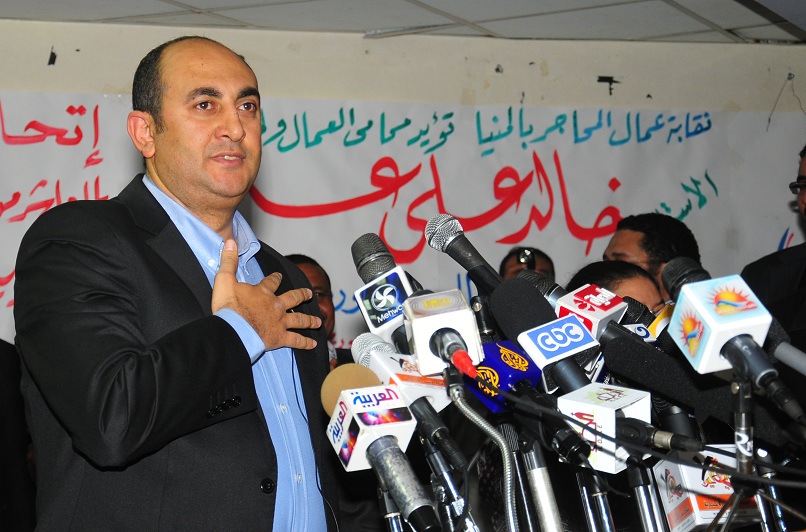Commander of the Libyan Army Khalifa Haftar stressed on Saturday that “the unity of Libya is a red line that we will not allow to be infringed or compromised.”
In a speech on the occasion of the 71st anniversary of Libya’s independence on Saturday, Haftar said: “Libya is still one and indivisible,” warning those who try to harm it.
He added that the general leadership is announcing a final opportunity to draw up a roadmap that includes holding elections, saying: “We recall that we were the first to call for free, fair, and transparent elections… The UN mission must shoulder its responsibility to resolve the Libyan crisis.”
Haftar also stressed the need to distribute oil revenues fairly without marginalisation.
Furthermore, he called for tolerance, renouncing violence, and changing the media and religious discourse to unite the ranks of the Libyan nation.
“We call on all cities and regions of the Libyan West for a Libyan-Libyan dialogue and the reunification of Libyans,” he asserted.
In a letter to the family of former intelligence officer Abu Agila Al-Maraimi, who was extradited to the US judiciary for alleged involvement in the Lockerbie case, Haftar said: “We assure the family of Abu Agila that we will not leave them and demand a briefing on the circumstances of his arrest.”
For her part, Minister of Foreign Affairs of the interim Government of National Unity Najla Mangoush said that Libya is “facing the challenges of the democratic transitional stage, and the accompanying risks of the decomposition of the state,” adding in a tweet that “what unites Libyans is greater than what divides them.”
Furthermore, the UN Secretary-General’s Representative in Libya Abdullah Bataille appealed to all political leaders in Libya “to reflect on the image that history will remind them of.”
In a statement, the UN envoy urged Libya’s leaders to be a driving force to resolve the protracted Libyan crisis by agreeing on a solution based on a national consensus, and “avoiding any escalatory actions that would threaten the unity and stability of Libya, which is already fragile.”


